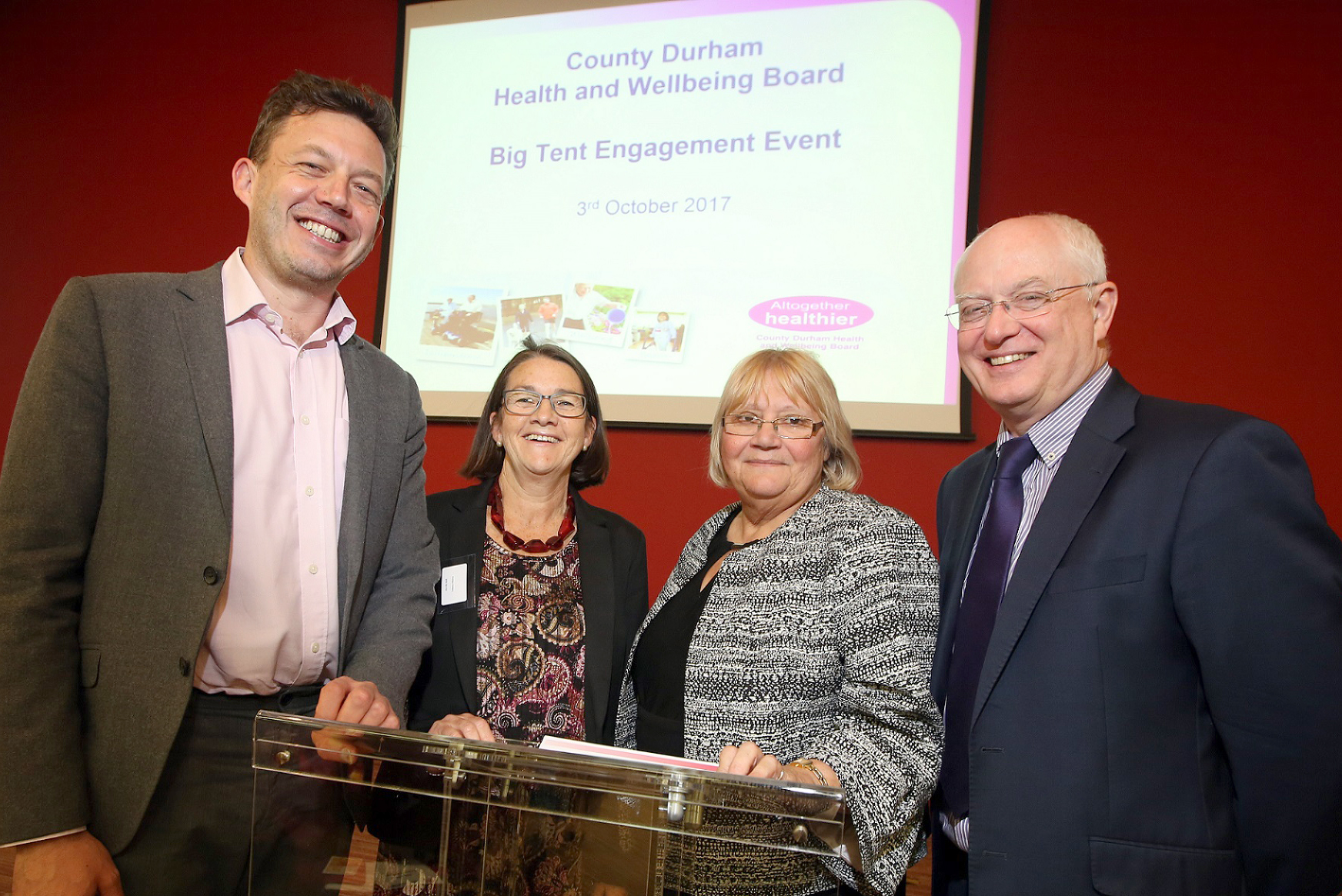People are being increasingly targeted via social networking sites. Anybody who can get access to your personal information can do this; whether it is a former partner/friend or someone you have never met before. This is why it is extremely important to protect yourself when using sites such as Facebook /Twitter.
You should always be cautious about including any of the following information:
• Name;
• Address;
• Telephone numbers / email addresses;
• Education / employment information;
• Photographs which may show your home and any valuables;
• Date of birth;
• Status updates / comments which may state when you are not at home, when you are going on holiday, what expensive items you have recently bought etc.
Be wary of including ‘friends of friends’ in your privacy settings, as this effectively allows anybody to view your information. The anonymity of the internet makes it easy for people to lie about their identity, so be wary of accepting strangers who send you a friend request. They could be pretending to be someone else (e.g. lying about their gender/age) in order to persuade another person to agree to meet up with them, when in actual fact they have criminal intentions.
Also if you add someone who you do not know, they may begin to ask you questions over time and aim conversations to particular subjects, in order to find out more information about you. If they already have your email address they could log in to that account using the information you have given them and answer your security questions/reset your passwords. Once they have done this, and have access to your personal emails, they could be gaining access to your bank details, online shopping accounts, paypal etc., and use these to take money from your accounts or buy goods in your name.
‘Internet Matters’ and ‘Cyberstreet Wise’ are websites that offer advice on using social networking securely and what safeguarding measures to take. You will find links to these, and other information online.
Stay safe and take care.
Safeguarding your Social Media Site









